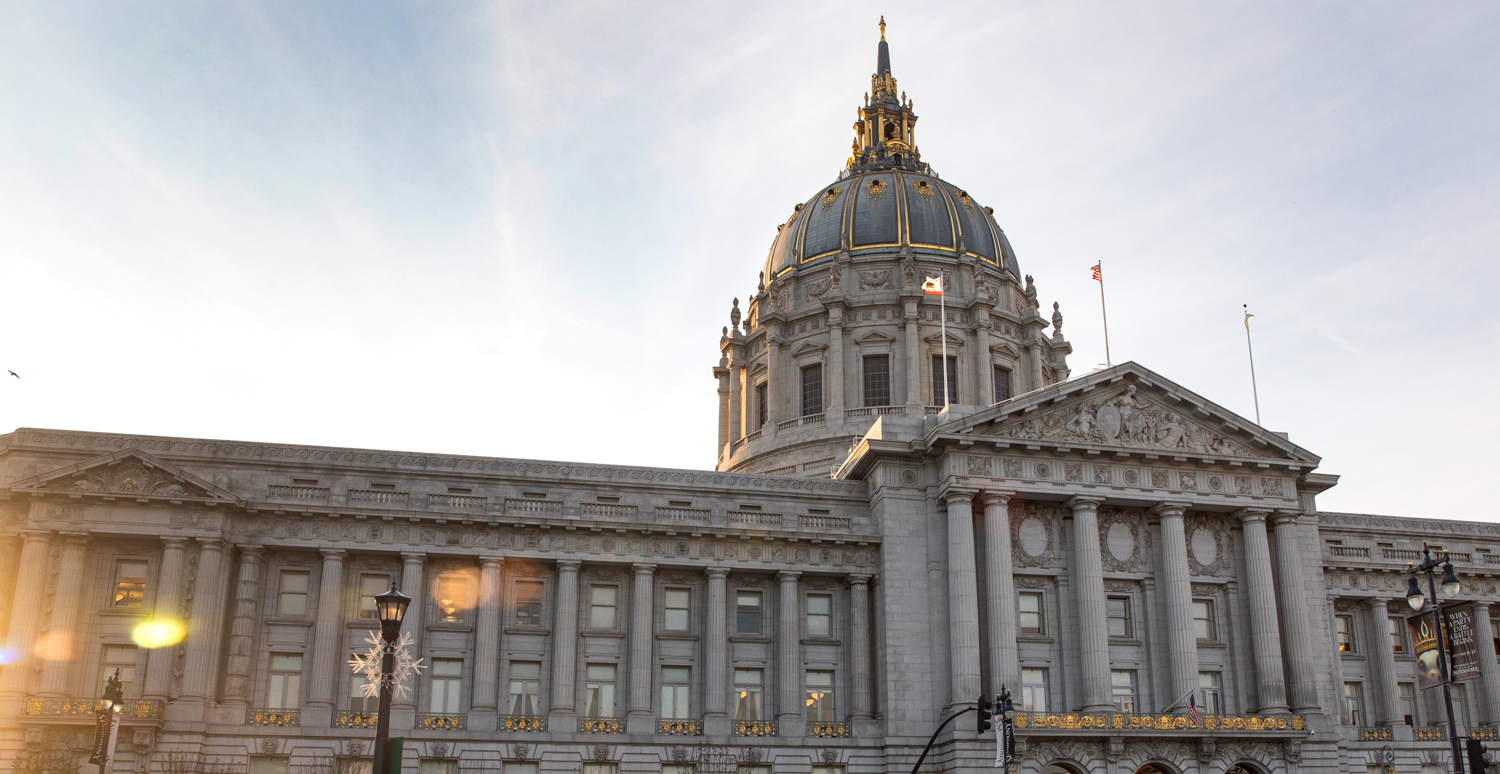Most human trafficking cases in San Francisco involve victims under 25, women and people of color, according to a new report from the city’s task force on anti-human trafficking.
On Thursday, the Mayor’s Task Force on Human Trafficking released a report detailing the type of human trafficking cases that government and community agencies handled in 2021.
Eight agencies involved in public health, women and family services, law enforcement and legal services reported 165 cases of sex and labor trafficking induced by force, fraud or coercion.
The numbers are considerably lower than data in years prior—the department reported 673 cases from 22 agencies in 2017—though it may be because far fewer agencies contributed to the report.
A task force representative said the Covid-19 pandemic created several barriers for agencies to participate, like staff turnover rates and lower capacity to provide services.
When comparing the total number of cases over the years in the same eight agencies, however, there was an average of 23% more cases at each agency. This could partially come from agencies expanding their services, like Safe House, an organization that increased from five cases in 2017 to 51 in 2021 after it launched a new program to house people facing sexual exploitation and homelessness.
Of the cases reported, 91% were sex trafficking cases. 94% of survivors were women, 88% were individuals under 25-49% were minors—and 72% were people of color, with the largest group being African Americans.
According to the report, the San Francisco Police Department opened 51 investigations into human trafficking cases in 2019. Eleven resulted in arrests and nine resulted in charges being brought against the alleged trafficker.
The task force, part of the city’s Department on the Status of Women, will focus on three recommendations following the report’s findings—there needs to be reignition of anti-trafficking organizations in the city, more funds allocated to essential organizations and data collection focused on finding what services are needed.
“Although it impacts women, girls and nonbinary people significantly and disproportionately, human trafficking is an issue for all San Franciscans,” said Kimberly Ellis, the department’s director. “The findings in this report demonstrate the need for us to collect more robust and complete data to better understand the depths of human trafficking in all its forms, to prevent future trafficking and to support current victims.”
Copyright © 2023 Bay City News, Inc.
